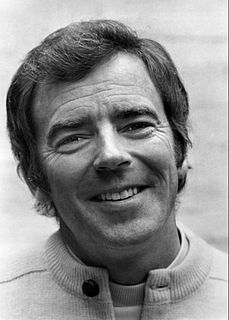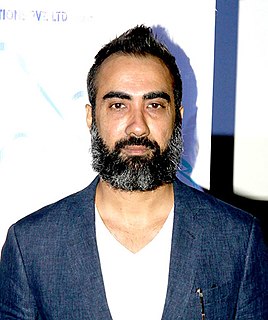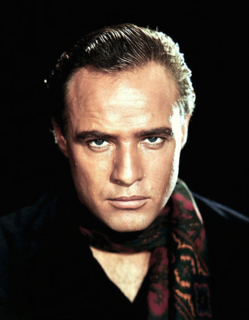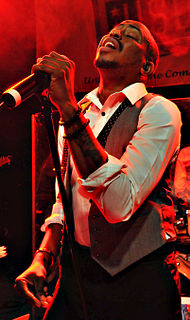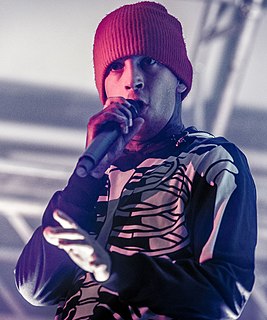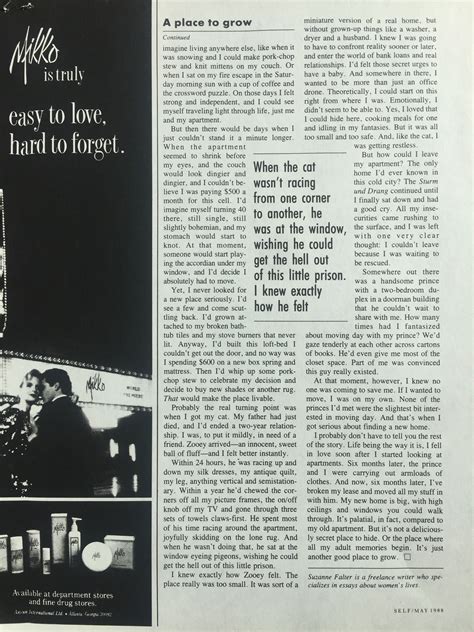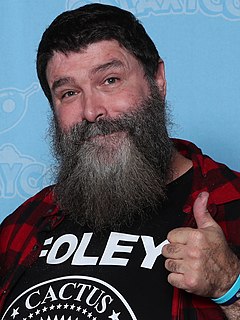A Quote by Matt Besser
In most specials, the performer's up - not only not surrounded, but up on a stage - and there's a distance between them and the audience, and I think my comedy doesn't work as well in that way.
Related Quotes
I think as a performer, it can be really great to stand on stage, especially when you have more time, but I do think about the specific people in the audience, how it's hard for them to get up and go to the bathroom, how they chose not to do other things that night and have turned off their phones and everything. So for that reason, I think it's necessary to mix it up and talk to the audience.
I feel that in-person contact with people is the most important thing in comedy. While I'm up on stage, I can actually put myself into the audience and adjust my pace and tuning to them. I can get into their heads through their ears and through their eyes. Only through this total communication can I really achieve what I'm trying to do.
The difference when I'm writing a story versus writing a joke is that writing a joke is so much more about the structure and it's less about the conversation. To me, the thing that I love about stand-up is the intimacy between performer and audience.To get it even more conversational was something that really appealed to me and that I really enjoyed doing. My early experiments with it, with just telling a story from my life on stage, it was so satisfying to do. And seemingly for the audience as well. It's a different thing, and it's a different feeling and a different vibe.
Self-awareness is a character trait that's horrible to have if you're a performer. I think that a lot of these performers that we see get up on stage and play music, there's a sense of them truly not caring how they're coming across. They are just themselves. I look up to a lot of people who are like that.
As an ex-stand up, I can tell you that a comedy club isn't a place you go looking to get the abuse you just can't seem to find in daily life. The stage is a performer's domain. You protect that domain. You are not on stage to take what's given just 'cause you're getting paid. If you are attacked, you retaliate.
Normally classical music is set up so you have professionals on a stage and a bunch of audience - it's us versus them. You spend your entire time as an audience member looking at the back of the conductor so you're already aware of a certain kind of hierarchy when you are there: there are people who can do it, who are on stage, and you aren't on stage so you can't do it. There's also a conductor who is telling the people who are onstage exactly what to do and when to do it and so you know that person is more important than the people on stage.


